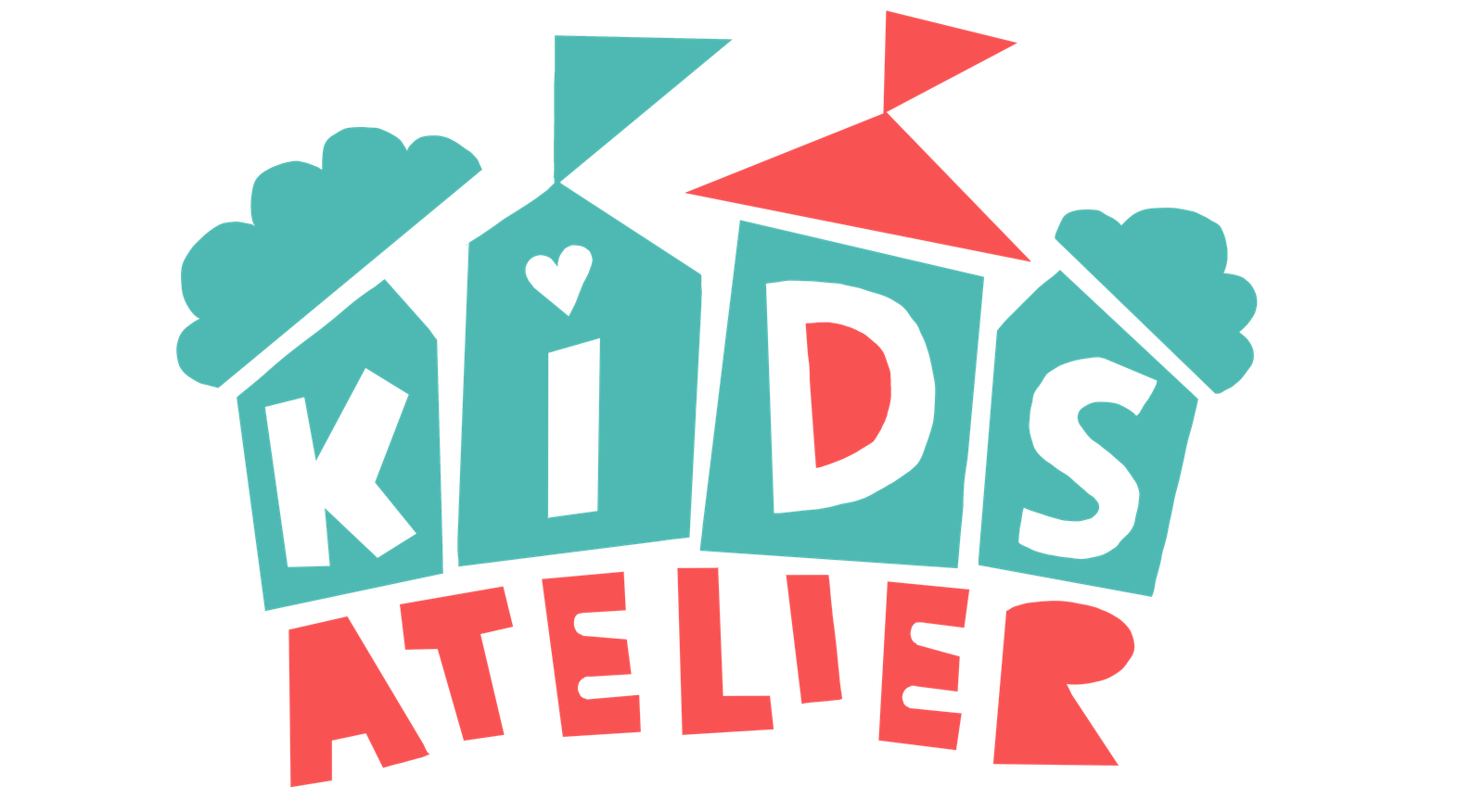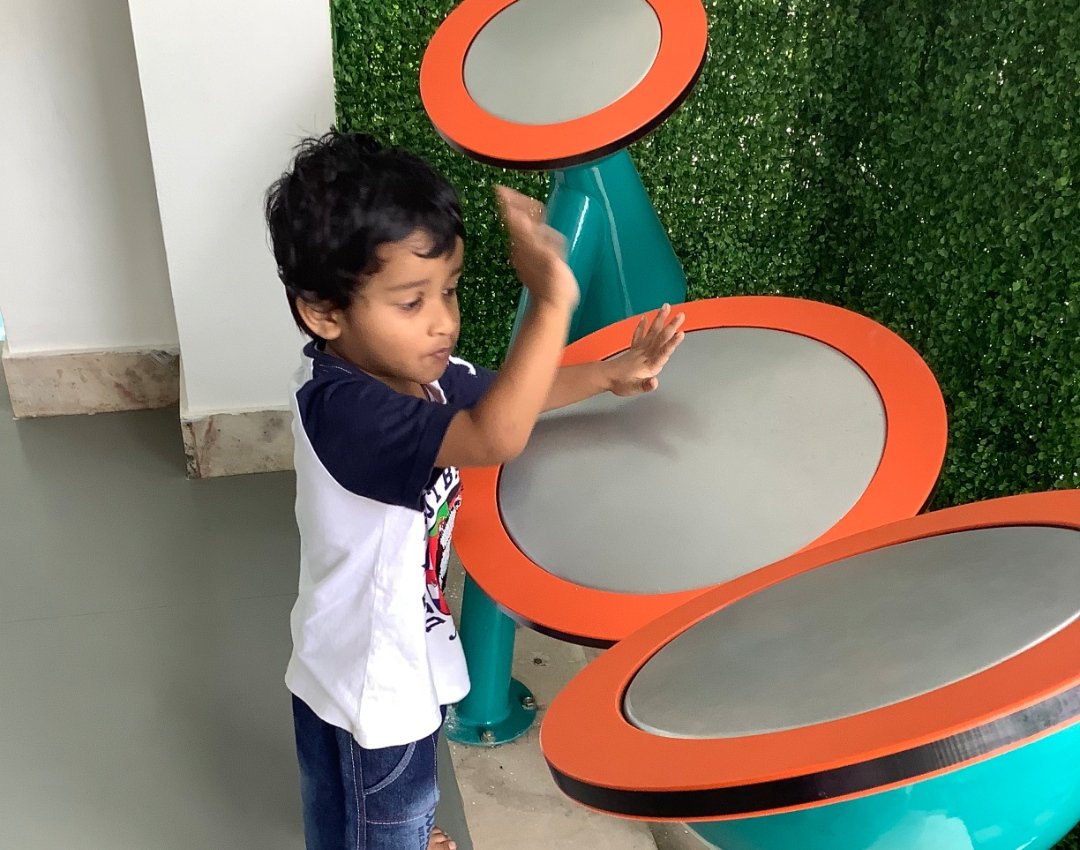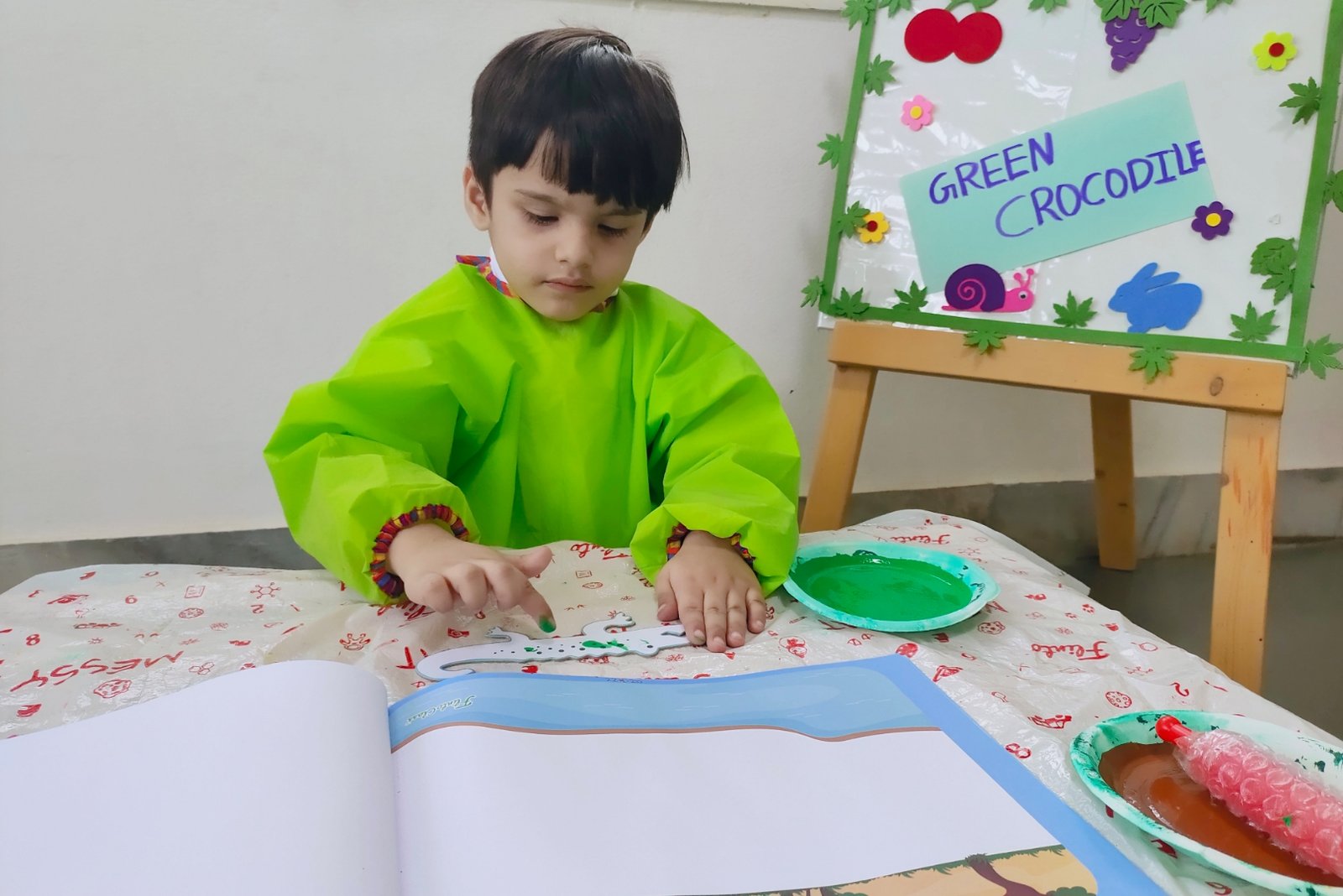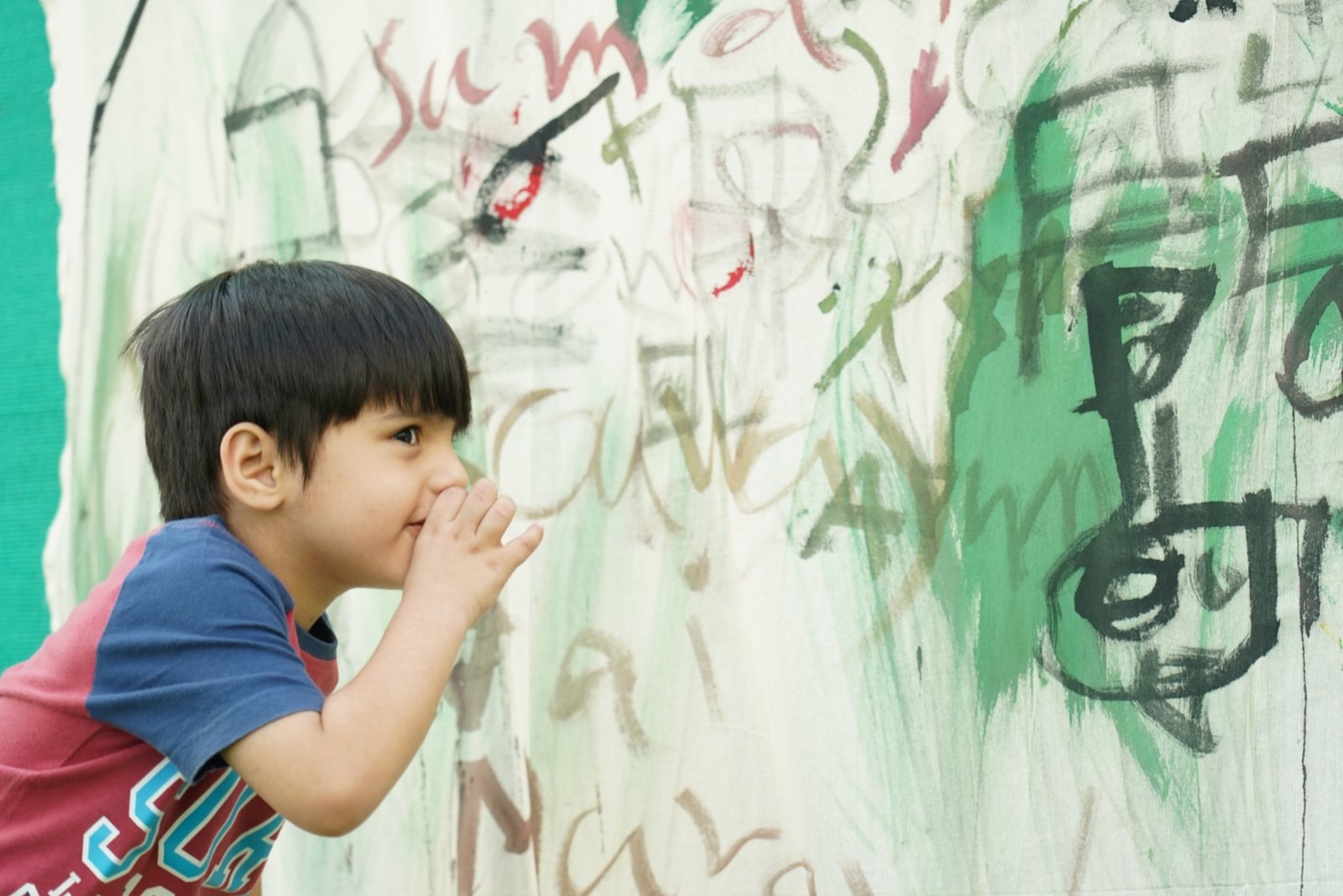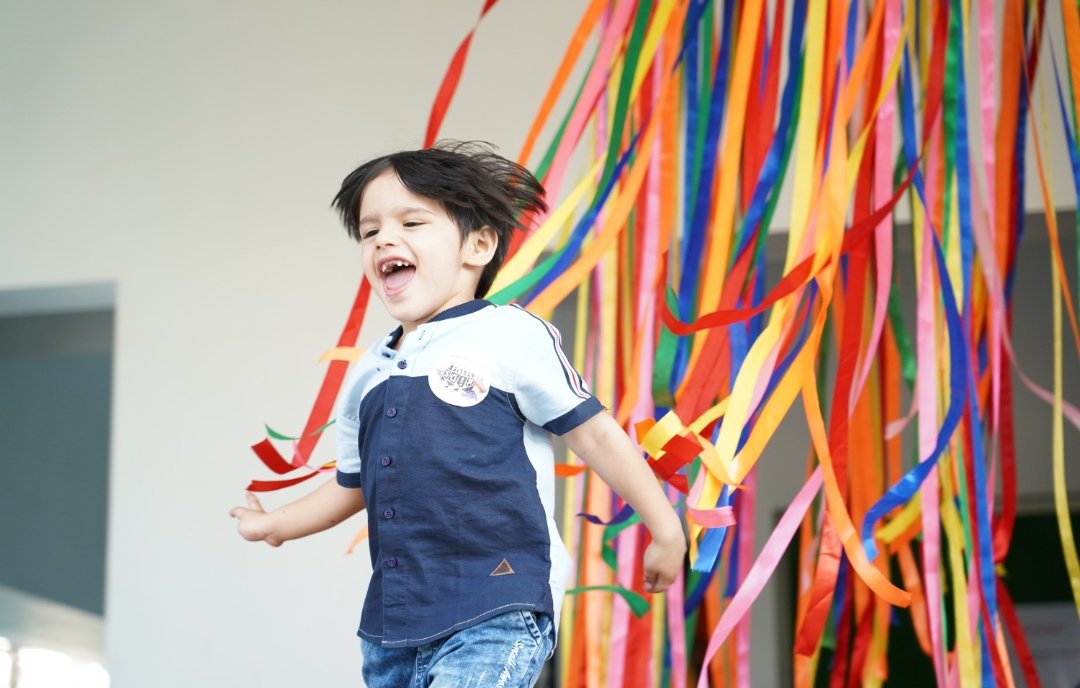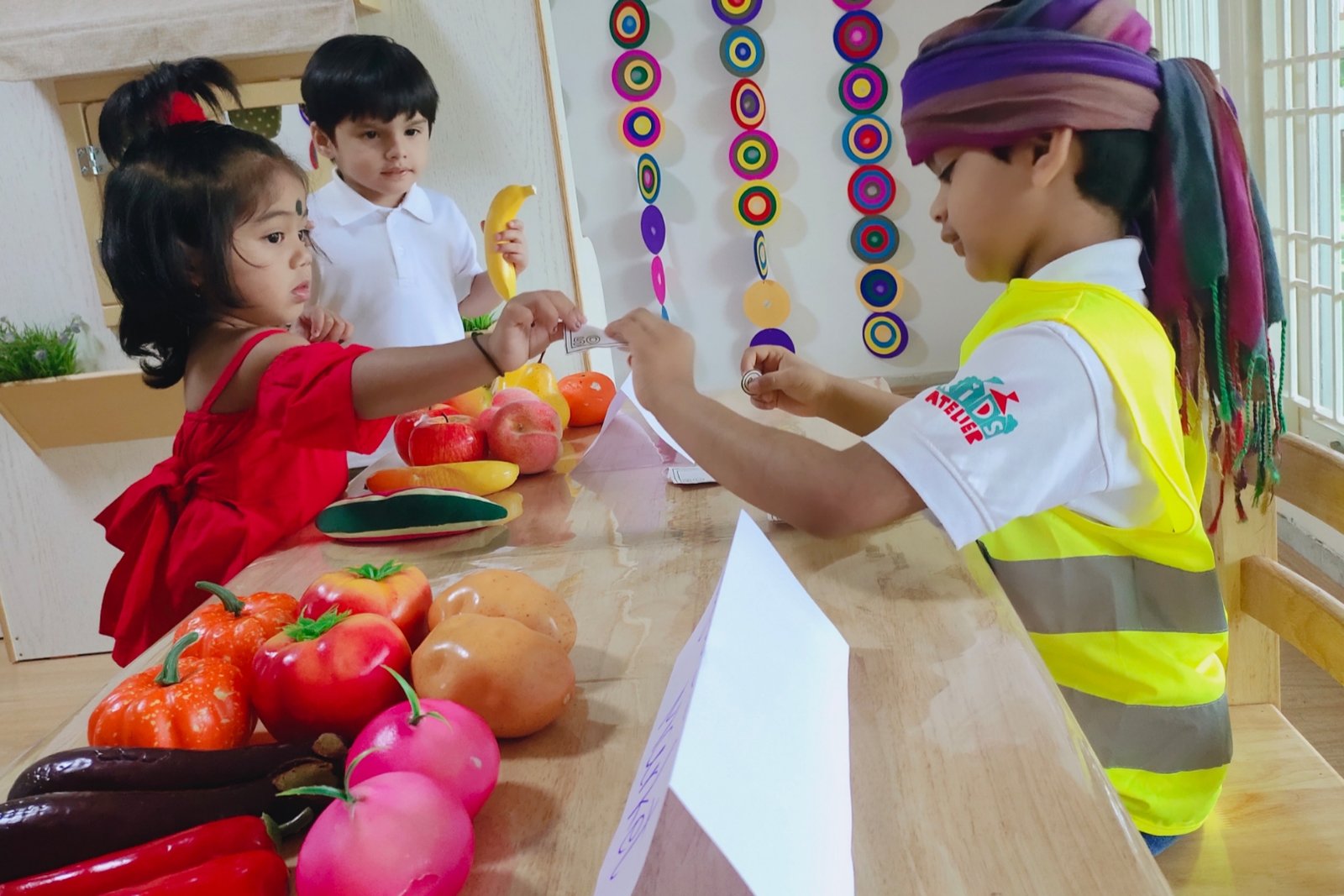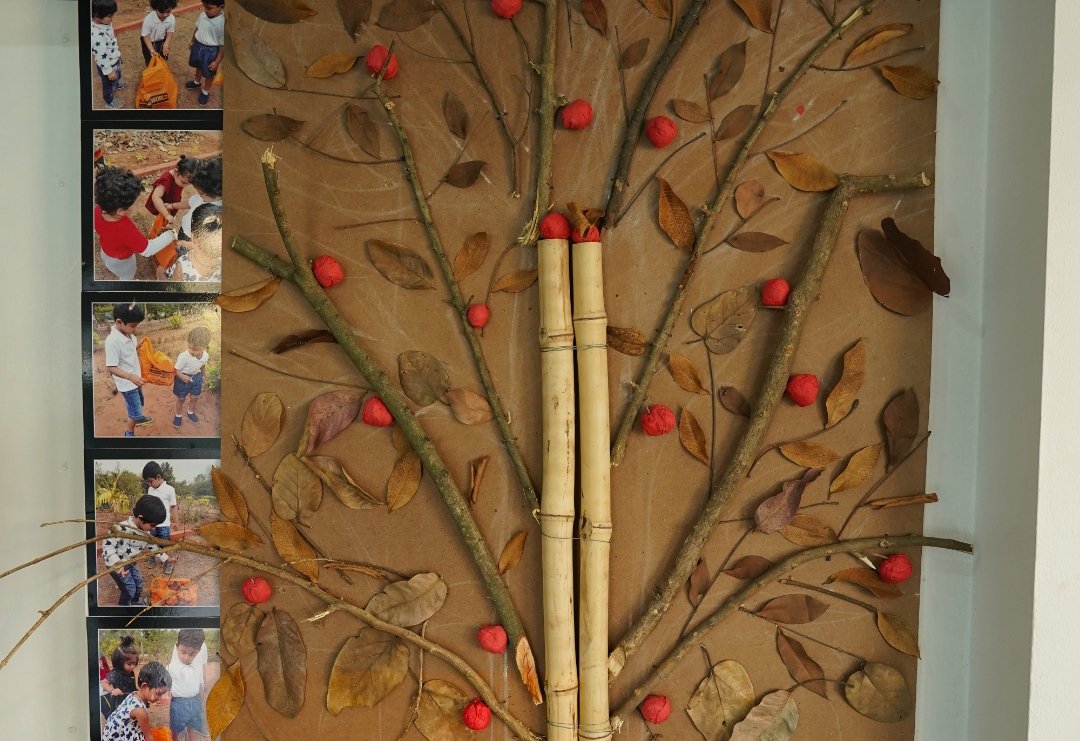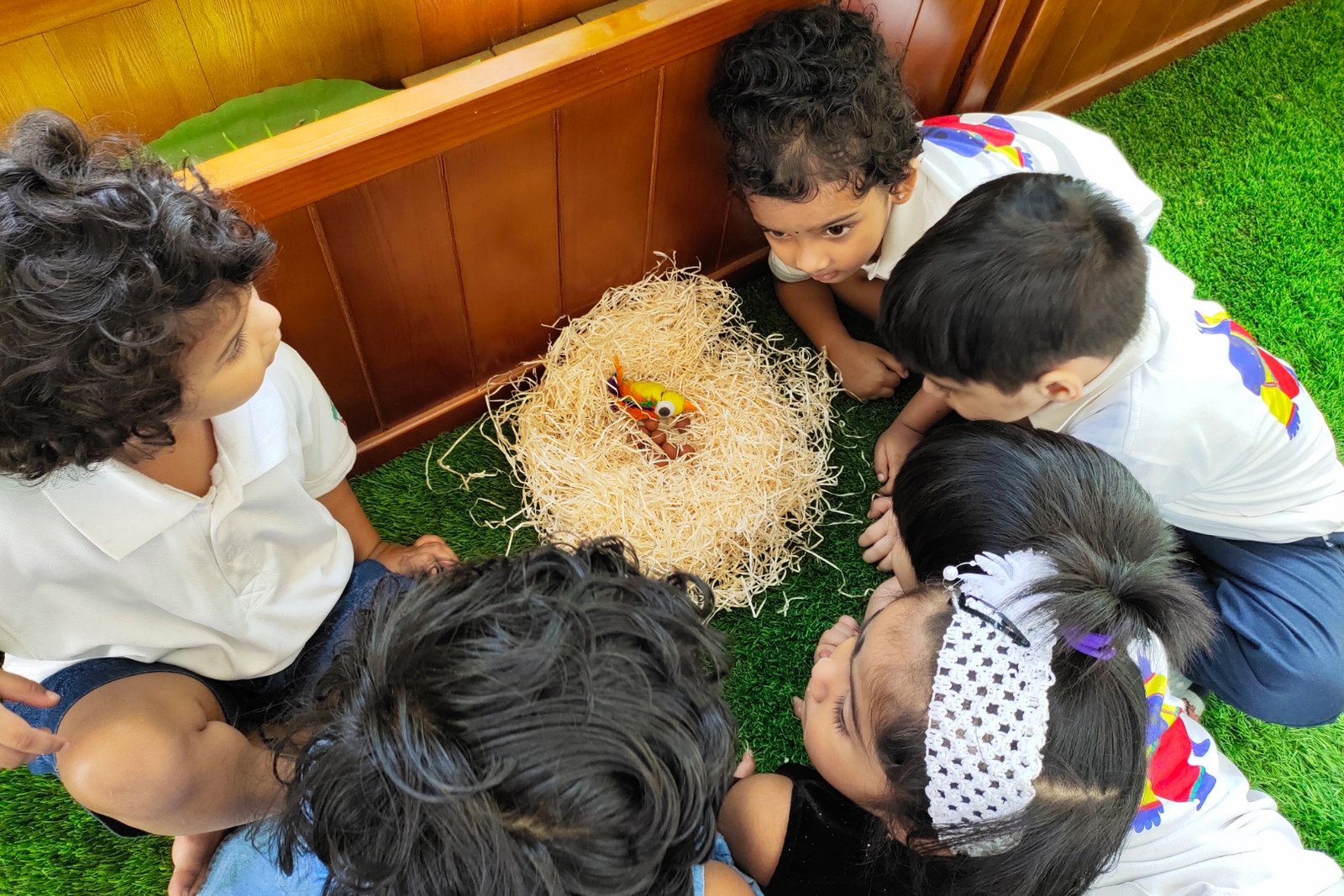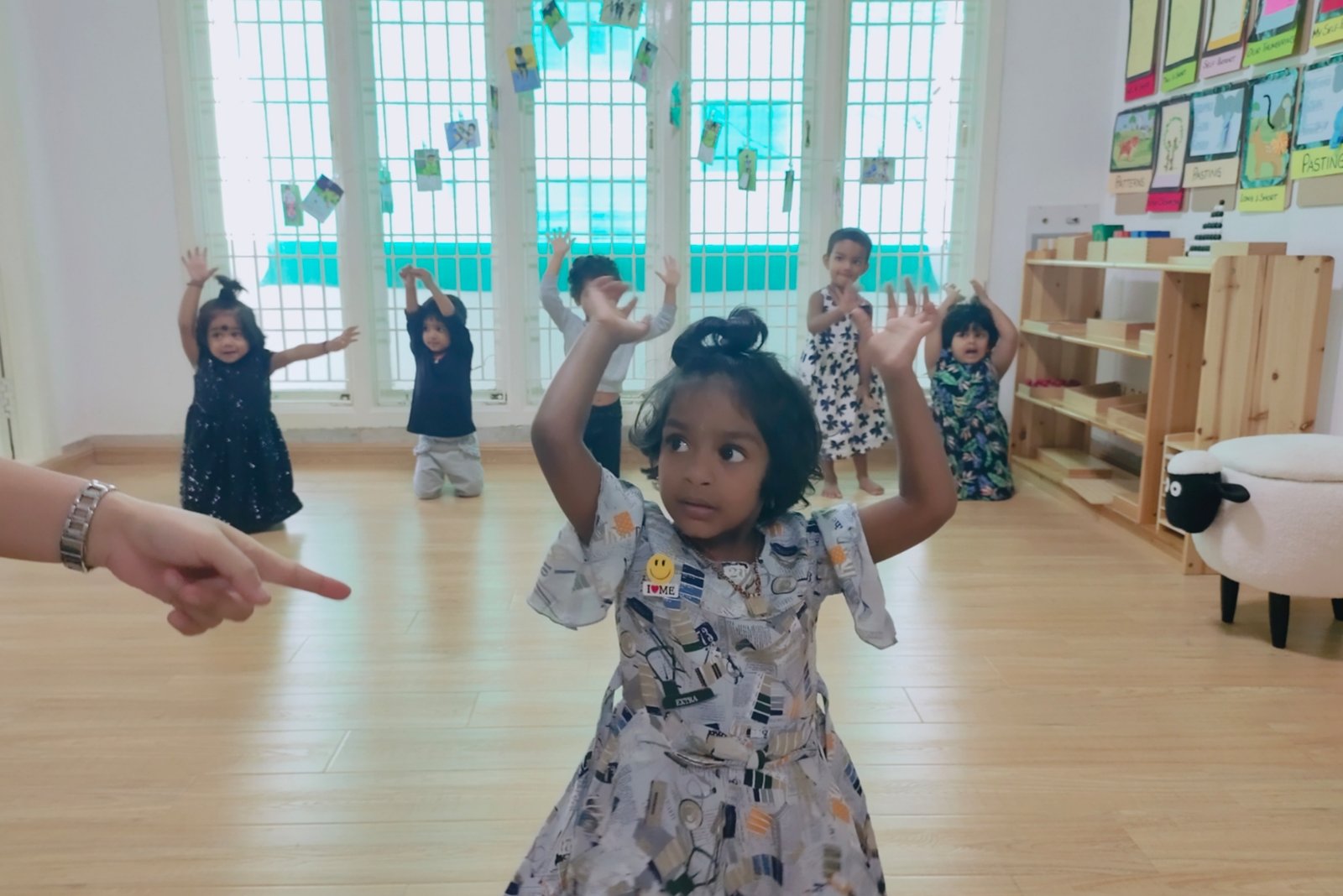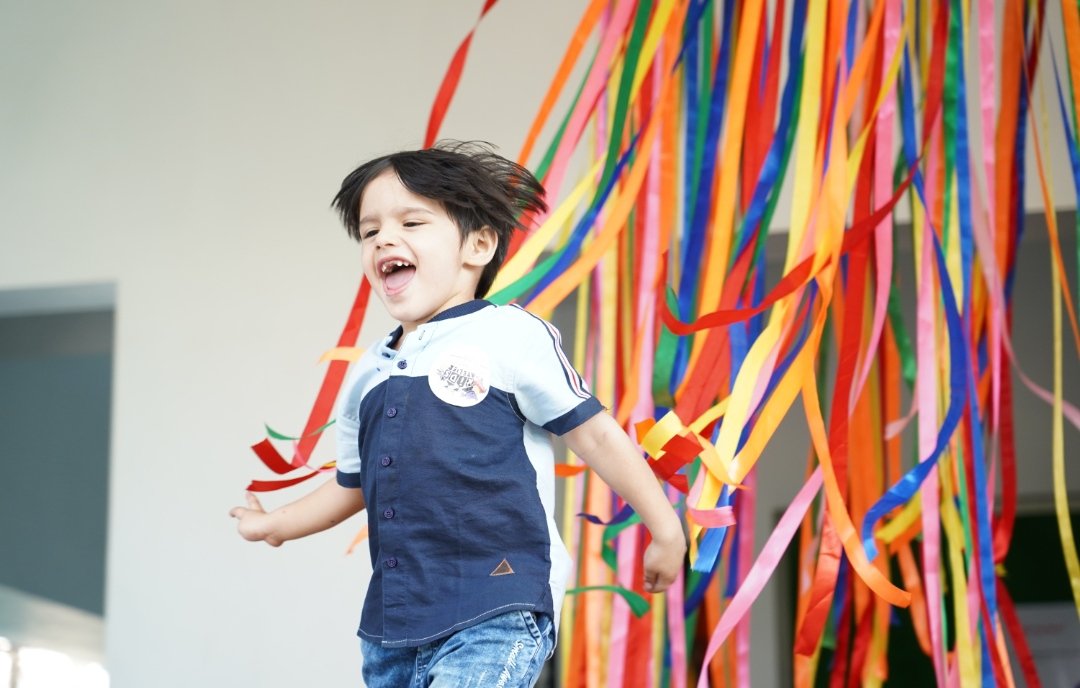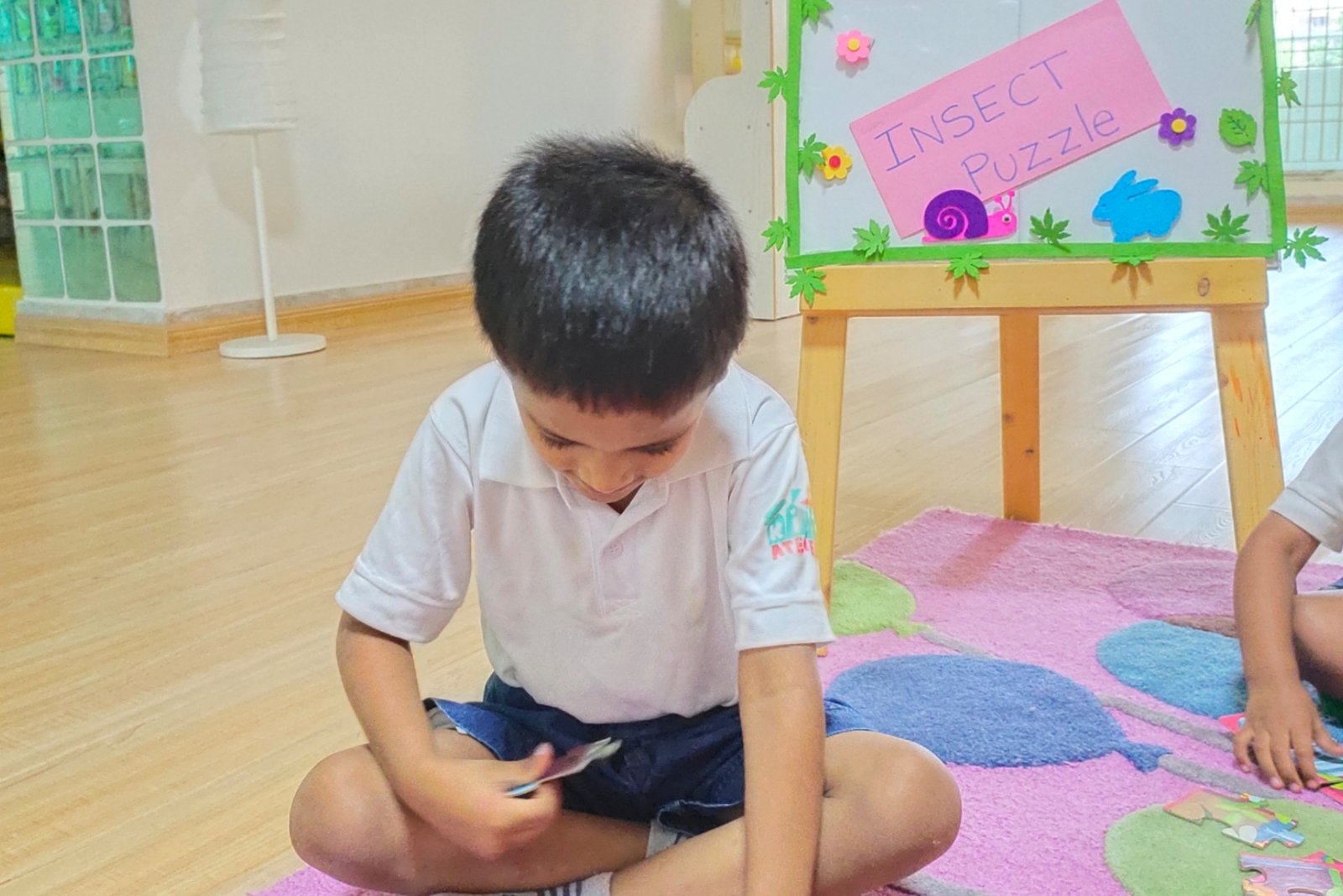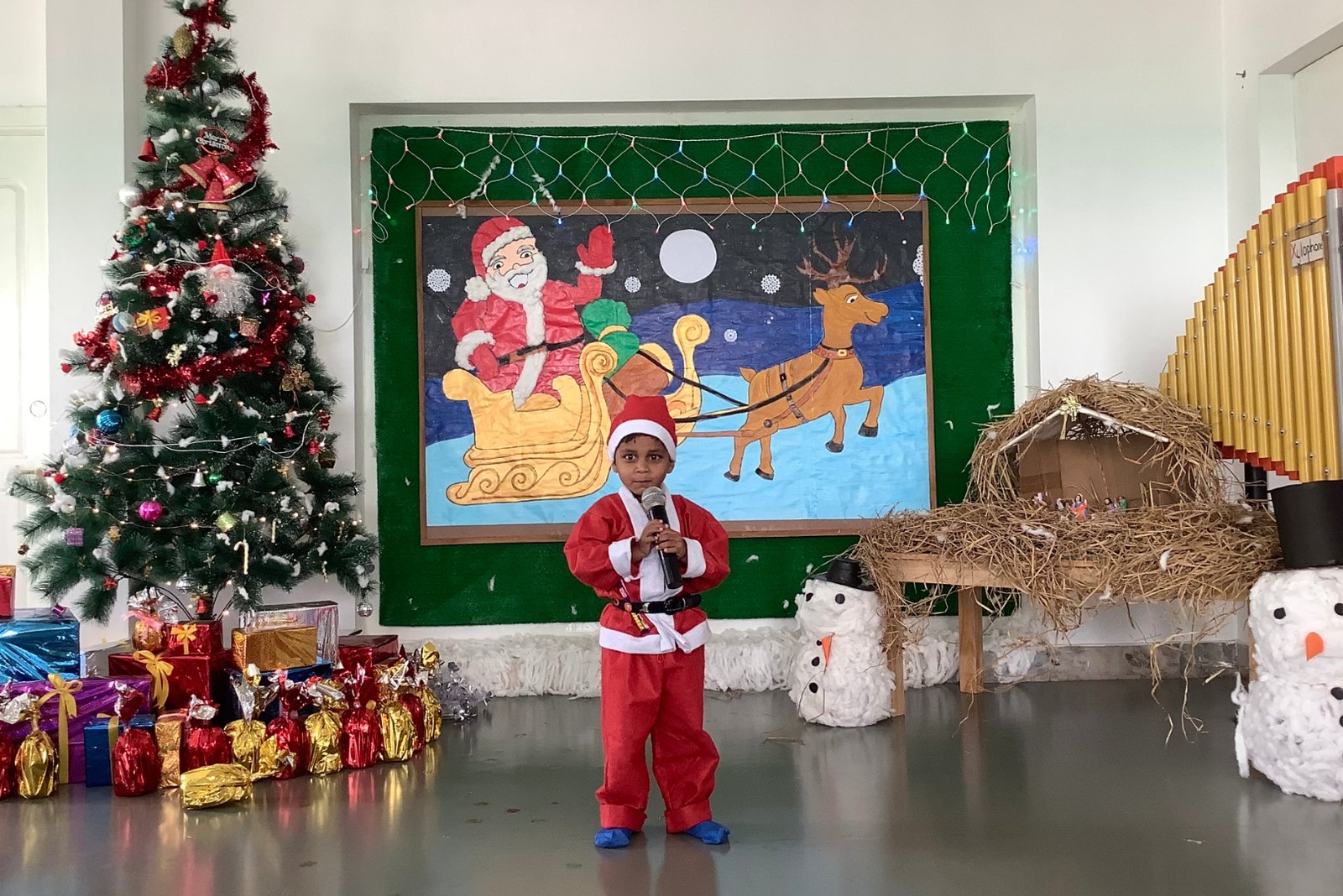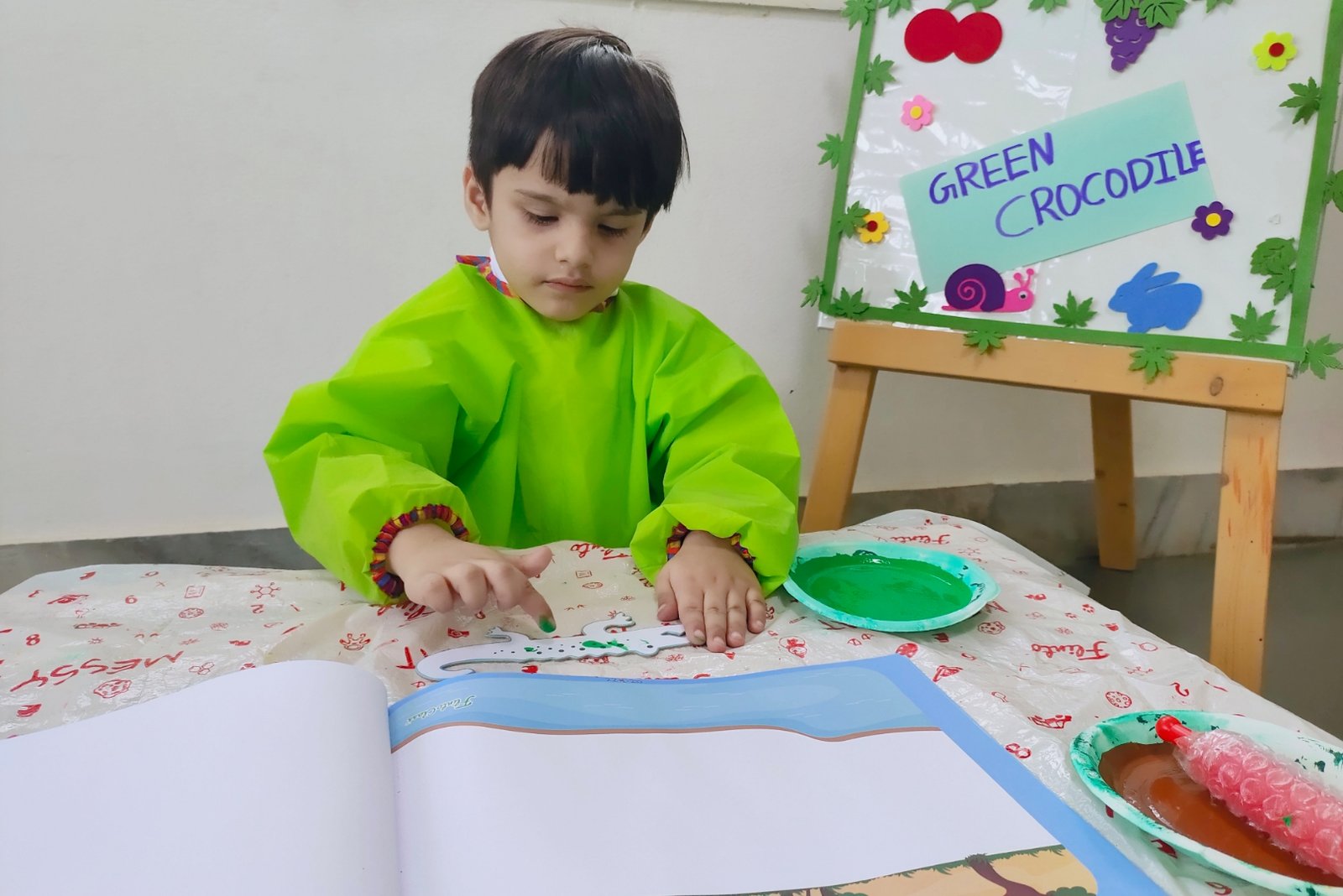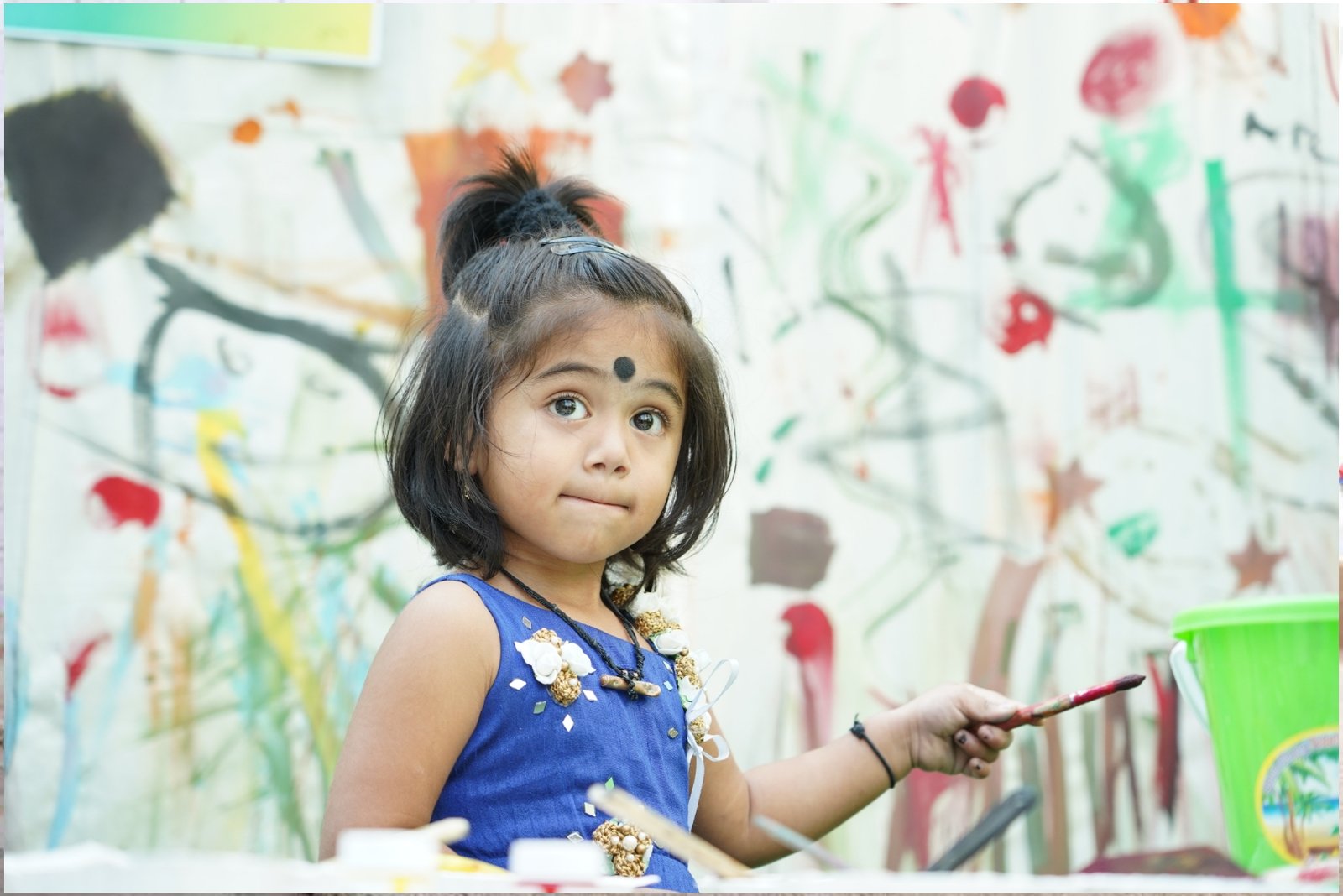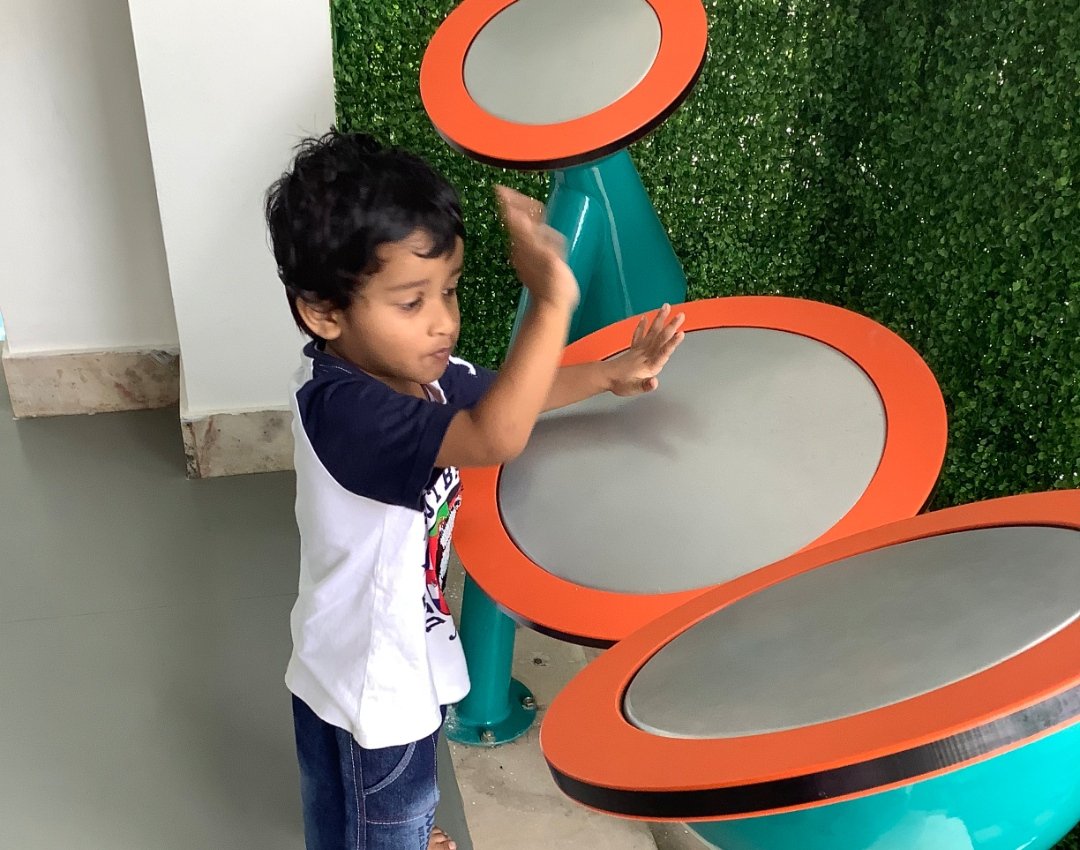"Toddlers are developing their identities as autonomous learners and rapidly building their physical, social, cognitive, and language abilities. They need many opportunities to engage in rich and rewarding experiences with people, places, and things"
Our responsive playgroup program, designed for children aged 18 to 30 months, is the first independent adventure for children. The program is designed to encourage the growth of independence, social awareness, sensory skills, and language acquisition in children. The group meets for 2.5 hours everyday from Monday to Friday.
